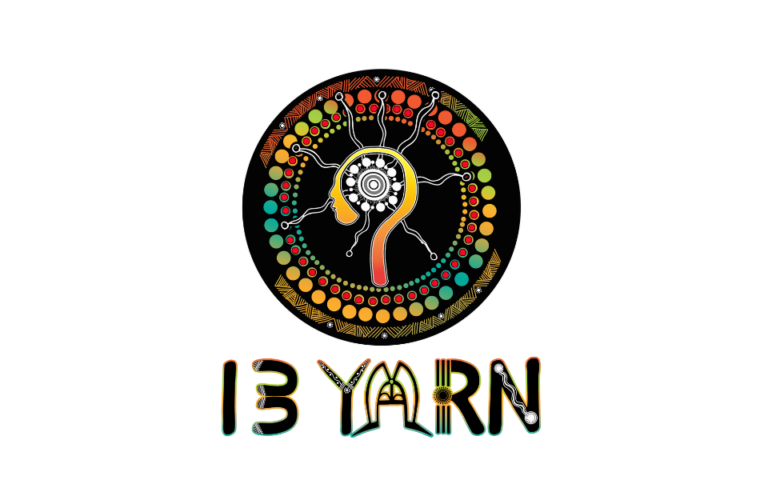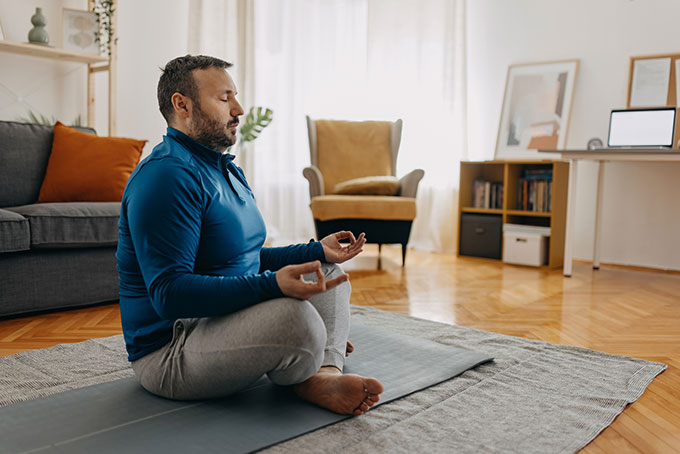There are a lot of misunderstandings about schizophrenia that result in stigma. We’re working to reduce the stigma by busting some common myths.
Schizophrenia myth
People with schizophrenia have split or multiple personalities.
Fact
No. People with schizophrenia do not have more than one personality. Schizophrenia is a chronic mental illness that affects your thoughts, behaviours and perception. People with schizophrenia may have trouble distinguishing between what is real and what is not.
Schizophrenia myth
Schizophrenia is very rare.
Fact
Around one in a hundred people will develop schizophrenia. Schizophrenia typically affects people in their late teens to mid-twenties.
Schizophrenia myth
The only schizophrenia symptoms are delusions and hallucinations.
Fact
People with schizophrenia may experience two or more of the following symptoms:
- Delusions – fixed beliefs that are implausible
- Hallucinations – experiencing things that no one else is hearing, seeing, tasting, touching or smelling
- Disorganised thinking – not connecting thoughts logically, speech is difficult to follow
- Abnormal movement – includes catatonia
- Negative symptoms – reduced facial expressions, low motivation, inability to enjoy once-liked activities, and social withdrawal.
Schizophrenia myth
People who have schizophrenia are violent.
Fact
Violence is not a symptom of schizophrenia. Unfortunately, in popular culture people with schizophrenia are often depicted as violent.
Schizophrenia myth
Schizophrenia cannot be treated.
Fact
There are treatments for schizophrenia including medication, cognitive behavioural therapy (CBT), mindfulness-based treatments, and education to identify the warning signs. Many people who live with the condition go on to live productive and successful lives.
If you are worried about yourself or someone you know, a GP can help with an initial assessment and then refer you to a specialist. The earlier schizophrenia is diagnosed, the better a chance for recovery.
If you are struggling and want to speak to a professional counsellor, Suicide Call Back Service is available 24/7. Call us on 1300 659 467.
If it is an emergency, dial 000.









